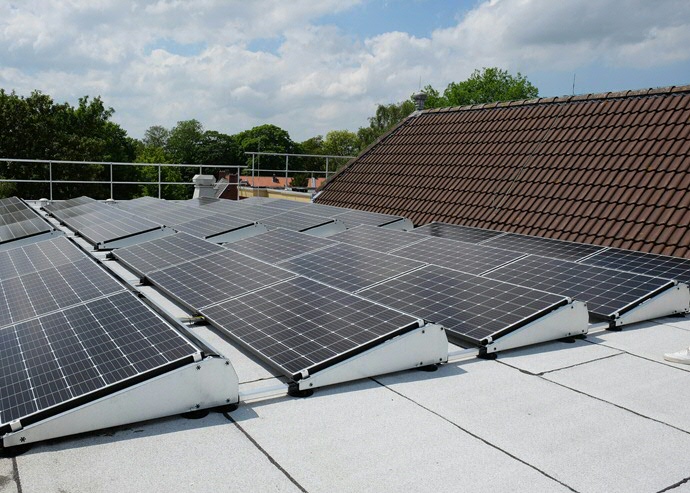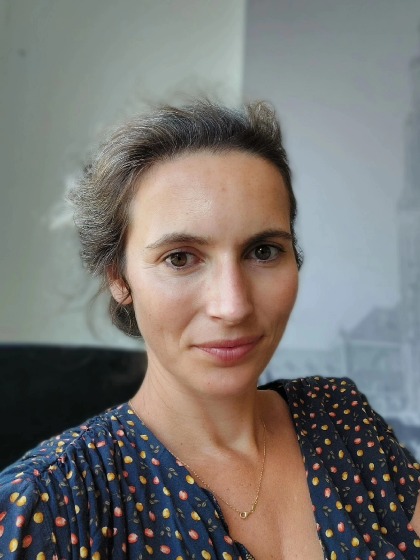How do you involve citizens in the energy transition?

The transition to clean energy is one of the biggest challenges of the moment. What makes citizens want to be involved? And how can people have a say in their energy? Researchers Lise Jans and Goda Perlaviciute will focus on these questions in a substudy of the Horizon 2020-funded project Energy Citizenship and Energy Communities for a Clean Energy Transition.
Having a say in energy production.
Citizen engagement is a key factor in the success of energy transition. Although much research is done on techniques to produce or save energy, the human side is not always included. Jans and Perlaviciute will focus their research on the question of whether energy communities can play a role in strengthening energy citizenship. Energy communities are initiatives that give citizens a say in the production of their energy. Examples include energy cooperatives such as Grunniger Power, but also a neighborhood initiative to purchase solar panels together. 'People like to have a say, as a community, about how their energy is generated,' says Lise Jans. 'The possibility of being involved as a community gives citizens autonomy and a voice'. When people feel more involved in sustainable energy, they also identify more with it. This is also known as energy citizenship.
Increasing the impact
Jans and Perlaviciute hope their research will help them discover how energy communities can maximize their impact. 'This partly has to do with how these communities are set up and the degree to which participants in such a community feel energy citizenship, but also partly with how the energy community stimulates a shared identity,' Jans explains. 'Energy citizenship is partly about involvement and participation, but how much participation works best? And under what conditions do we want to work together on energy?'


More news
-
13 January 2026
Lonneke Lenferink joins The Young Academy
-
08 December 2025
Citizen participation essential for a sustainable energy future
